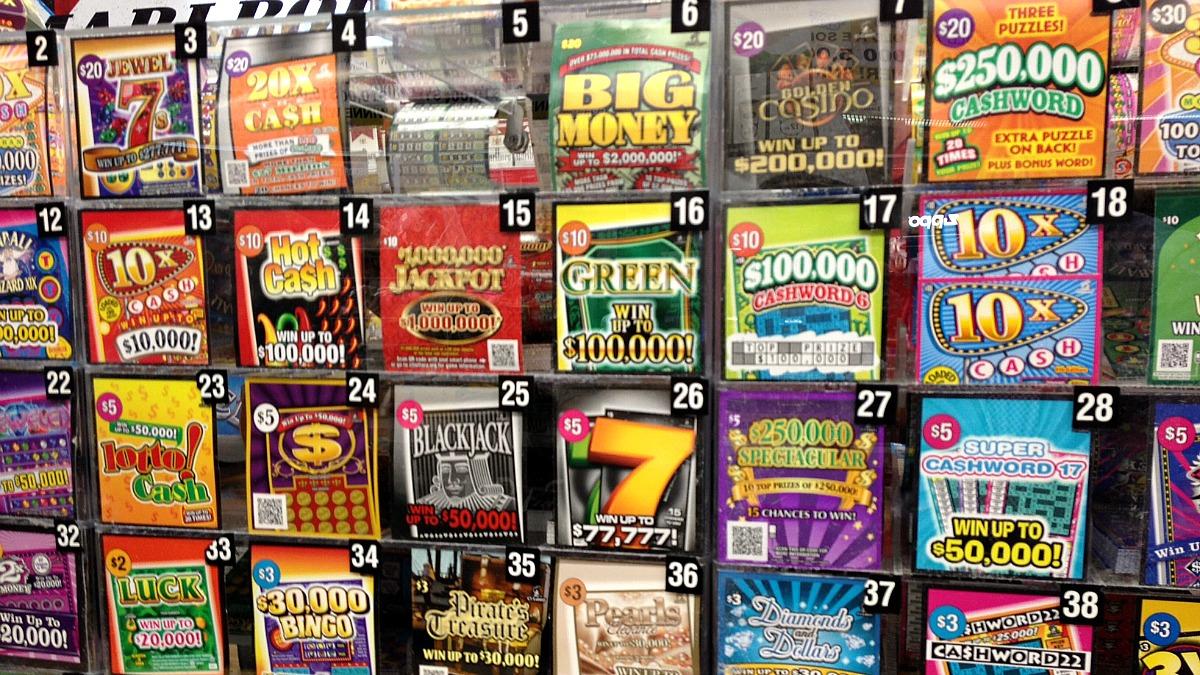In the bustling cacophony of modern life, where every day seems to hurl new challenges and uncertainties, the allure of lottery games stands out as a beacon of hope. With the promise of overnight riches, lottery tickets become talismans against financial woes, offering a glimpse into a world where dreams materialize with the stroke of luck. messipoker, beneath the glitz and glamour lies a paradoxical landscape, where the pursuit of fortune intersects with the harsh realities of probability and psychology.
Lottery games, in their essence, embody the quintessence of chance. Whether it’s picking numbers or scratching cards, participants engage in a dance with fate, hoping to defy astronomical odds and clinch the jackpot. The allure is undeniable – the mere thought of transforming a humble investment into life-altering wealth is a narrative deeply ingrained in the human psyche. It’s a narrative that transcends borders, cultures, and socioeconomic divides, offering a common thread that binds individuals in pursuit of a shared fantasy.
However, the enchantment of lotteries belies a stark truth: the probability of winning is infinitesimal. Behind the glittering façade lies a mathematical reality that often eludes the hopeful participant. With odds ranging from one in millions to one in billions, the chances of hitting the jackpot are akin to finding a needle in a cosmic haystack. Despite this, millions flock to lottery outlets, driven by the seductive whisper of “what if.”
What fuels this seemingly irrational behavior? The answer lies in the complex interplay of psychology and sociology. Lotteries thrive on anticipation, exploiting the human tendency to overestimate favorable outcomes while downplaying the risks involved. The mere act of purchasing a ticket triggers a cascade of emotions – excitement, anticipation, and a fleeting sense of empowerment. In a world fraught with uncertainties, the lottery offers a momentary reprieve, a glimmer of hope that transcends logic and reason.
Moreover, lotteries wield a peculiar form of social currency. Beyond the monetary rewards, winning a lottery symbolizes a triumph over adversity, a vindication of one’s perseverance and resilience. In a society that valorizes success and material wealth, the lottery becomes a metaphorical battleground where fortunes are won and lost, and where the boundaries between fantasy and reality blur.
Yet, amidst the fervor and frenzy, it’s crucial to acknowledge the darker undercurrents that accompany the lottery phenomenon. For every winner heralded in the limelight, there are countless others relegated to the shadows of disappointment and despair. Studies have shown that lottery participation tends to be disproportionately higher among lower-income groups, often perpetuating a cycle of false hope and financial hardship.
Moreover, the sensationalization of lottery winners often obscures the harsh realities they face post-win. From strained relationships to financial mismanagement, sudden wealth can become a double-edged sword, unraveling the fabric of one’s life in unforeseen ways. The myth of the “lottery curse” serves as a cautionary tale, reminding us that wealth, unaccompanied by wisdom and prudence, can be a fleeting illusion.
In essence, lottery games embody a paradoxical narrative – a tantalizing blend of hope and probability, aspiration and disillusionment. They serve as a mirror reflecting our deepest desires and fears, our willingness to gamble against the odds in pursuit of a brighter tomorrow. Yet, amidst the allure of riches, it’s essential to tread cautiously, to recognize that true wealth transcends monetary gains, and that the pursuit of fortune should never come at the expense of our well-being and dignity.
